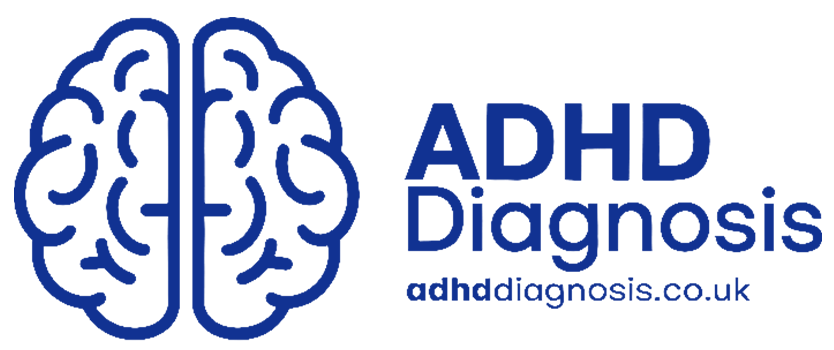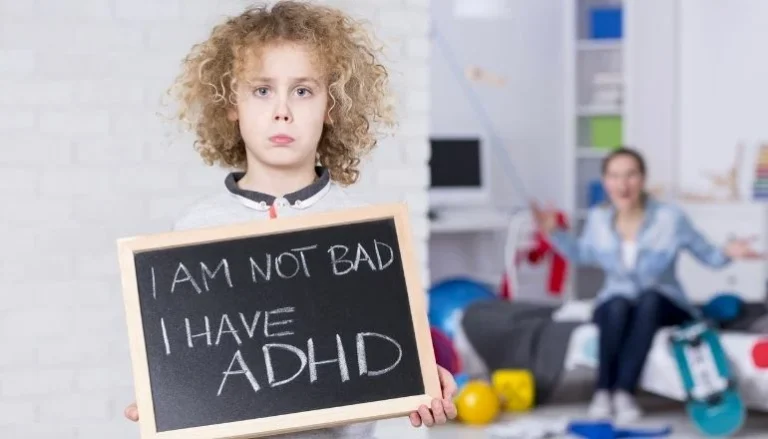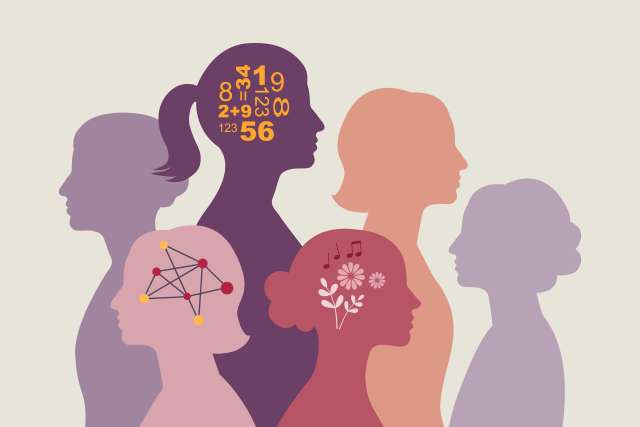Introduction
Attention Deficit Hyperactivity Disorder (ADHD) is one of the most misunderstood mental health conditions. Despite increased awareness, several myths and misconceptions about ADHD persist, often leading to stigma and misdiagnosis.
Understanding the truth about ADHD is essential for accurate diagnosis, effective treatment, and supporting individuals with the condition. In this blog, we’ll explore and debunk the most common myths about ADHD to separate fact from fiction.
1. Myth: ADHD Is Just an Excuse for Laziness
✅ Truth: ADHD is a neurodevelopmental condition, not a behavioural choice.
ADHD affects how the brain processes information, particularly in areas linked to:
- Focus and attention
- Impulse control
- Emotional regulation
People with ADHD often struggle to complete tasks not because they’re lazy, but because their brains have difficulty maintaining motivation and focus due to differences in dopamine levels.
👉 The brain chemistry involved in ADHD means that motivation and task initiation can be significantly harder than for neurotypical individuals.
2. Myth: ADHD Only Affects Children
✅ Truth: ADHD affects people of all ages.
While ADHD is often diagnosed in childhood, it’s not a childhood-specific condition. Research shows that around 60–70% of children with ADHD continue to experience symptoms into adulthood.
Common signs of adult ADHD include:
- Difficulty with time management
- Trouble maintaining focus in work or social settings
- Impulsiveness in decision-making
- Poor emotional regulation
👉 Many adults are only diagnosed with ADHD later in life, often after struggling for years without understanding the root cause.
3. Myth: Only Boys Have ADHD
✅ Truth: ADHD affects both boys and girls, but symptoms may present differently.
ADHD is more commonly diagnosed in boys, but this is largely due to how symptoms manifest:
- Boys tend to display hyperactive and impulsive behaviours, which are more noticeable in classroom and social settings.
- Girls are more likely to experience inattentiveness, which can appear as daydreaming, forgetfulness, and emotional sensitivity — making it harder to diagnose.
👉 Girls with ADHD are often misdiagnosed with anxiety or depression, leading to delayed or missed treatment.
4. Myth: ADHD Is Caused by Poor Parenting
✅ Truth: ADHD is not caused by parenting style or discipline issues.
ADHD is a brain-based disorder linked to:
- Genetic factors
- Differences in brain structure and activity
- Imbalances in neurotransmitters like dopamine and noradrenaline
While a structured and supportive environment can help manage ADHD symptoms, it does not cause or cure the condition.
👉 Parents of children with ADHD often face unfair criticism — but it’s important to understand that ADHD is not the result of “bad parenting.”
5. Myth: People with ADHD Can’t Focus on Anything
✅ Truth: People with ADHD can focus intensely — but only on certain tasks.
A common feature of ADHD is hyperfocus — the ability to concentrate deeply on tasks that are stimulating or interesting.
- Someone with ADHD may struggle to focus on routine or dull tasks (like homework or admin) but can spend hours focused on a creative project or video game.
- This is due to the brain’s reward system being more sensitive to novelty and stimulation.
👉 Hyperfocus is a double-edged sword — it can lead to high productivity in the right setting, but also to neglect of other important tasks.
6. Myth: ADHD Isn’t a Real Medical Condition
✅ Truth: ADHD is recognised by major medical organisations worldwide.
ADHD is classified as a legitimate neurodevelopmental disorder by:
- The World Health Organisation (WHO)
- The American Psychiatric Association (APA)
- The National Institute for Health and Care Excellence (NICE)
Brain imaging studies show clear differences in brain structure and activity between individuals with and without ADHD, particularly in areas related to attention, impulse control, and executive function.
👉 ADHD is as real and valid as any other mental health condition — it’s not a fad or an overdiagnosis.
7. Myth: Medication Is the Only Treatment for ADHD
✅ Truth: While medication is effective, it’s not the only option.
Stimulant medications like Ritalin are widely used to manage ADHD symptoms by increasing dopamine and noradrenaline levels. However, other treatments can also be effective:
- Cognitive Behavioural Therapy (CBT) – Helps with organisation, emotional regulation, and coping strategies.
- Lifestyle changes – Exercise, sleep, and diet improvements can enhance focus and mental clarity.
- Mindfulness and meditation – Help improve impulse control and emotional balance.
👉 A combined approach of medication, therapy, and lifestyle adjustments often yields the best results.
8. Myth: ADHD Is Overdiagnosed
✅ Truth: ADHD is actually underdiagnosed in some groups.
While there has been a rise in ADHD diagnoses, research suggests that:
- ADHD is still underdiagnosed in girls and people of colour due to biases in symptom presentation and recognition.
- Many adults with ADHD go undiagnosed, particularly those with the inattentive subtype.
- ADHD in adults is often mislabelled as anxiety, depression, or a personality issue.
👉 Increasing awareness has helped more people get the diagnosis and support they need — not everyone with ADHD is “jumping on the bandwagon.”
9. Myth: People with ADHD Are Less Intelligent
✅ Truth: ADHD has no link to intelligence.
People with ADHD can be highly intelligent and creative, but their challenges with focus, organisation, and impulse control can sometimes mask their true abilities.
- ADHD affects how information is processed — not how capable a person is.
- Many successful entrepreneurs, athletes, and artists have ADHD, including Richard Branson and Michael Phelps.
👉 ADHD is about how the brain works — not how “smart” someone is.
10. Myth: ADHD Can Be Outgrown
✅ Truth: ADHD is a lifelong condition — but symptoms can change with age.
While hyperactive behaviours may decrease over time, difficulties with focus, organisation, and emotional regulation can persist into adulthood.
- Many adults with ADHD develop coping mechanisms and strategies that help them manage their symptoms more effectively.
- With proper treatment and support, individuals with ADHD can thrive in both personal and professional settings.
👉 ADHD doesn’t disappear — but it can be managed successfully with the right support.
Conclusion
ADHD is one of the most misunderstood and misrepresented mental health conditions. By debunking these common myths, we can reduce stigma, promote better understanding, and ensure that individuals with ADHD receive the support and treatment they deserve.
Need Help with ADHD?
If you think you or someone you know may have ADHD, seeking professional guidance is crucial. Early diagnosis and treatment can significantly improve focus, emotional regulation, and overall quality of life.
👉 Book an ADHD assessment with ADHDDiagnosis.co.uk to take the first step towards understanding and managing ADHD effectively.







